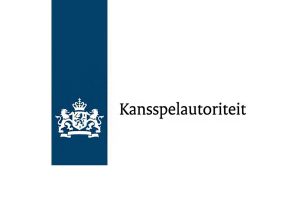Quad Cities’ casinos question the market profitability
The four conglomerated counties between Illinois and Iowa have big local competition in the gaming industry.
US.- Quad Cities –Q-C–, relevant region that gathers four counties from Iowa and Illinois states, are facing negative competition from casino and igambling businesses in the territory. As local media highlights, the biggest problem for developing the three casinos’ revenues is the Video Gaming Act signed in 2009 in Illinois which allows virtual gaming services in the state.
The three regional casinos, two of them in the Iowa side, have to compete with other 28 casinos located in both states, 6 of them an hour and a half away from Quad Cities. The over-saturation phase is impacting on casinos revenues which have been on a steady decline since 2006. Denny Jacobs, former Illinois senator, explained that the market is different now that virtual gaming is legal and spread in every bar and restaurant.
The latest response of the operators is to increase the investment in the gambling market. The idea is to follow the steps of Jumer’s Casino & Hotel, which grew the investment turning the complex into a US$100 million property and, therefore, the leader in the market and the only one that has ended the decline trend. “I’d like to think we can provide a more enjoyable experience,” expressed Bill Renk, director of public relations at Jumer’s casino.
Furthermore, with the arrival of online gaming and sports betting, casinos are less visited and operators are joining forces to attract millennials. Authorities from both states are studying the possibility of granting more licences for casino operators. One of the biggest proposals is a US$110 million casino-hotel-convention center at the Quad Cities by Kehl. According to the management president and CEO of the company, Dan Kehl, the market is flat, but it can be good. “We’ve got so much new competition in Illinois with video machines in the bars. That’s definitely impacted the eastern Iowa market. But we’re not building this casino just for our health. I also think this project will be a great catalyst here for future development,” Kehl added.
The CEO announced that the revenue estimated is US$70 million (it was believed that it could achieved up to US$80 million,) which is a great expectation compared to the brand’s other project, Rhythm City, that collects US$43 million annually. Kehl is confident about the development of casino industry in the region that will bring success to both complexes. The proposal includes a six-story, 106 room hotel, event center for over 1,500 visitors, spa, swimming pools and three restaurants.










